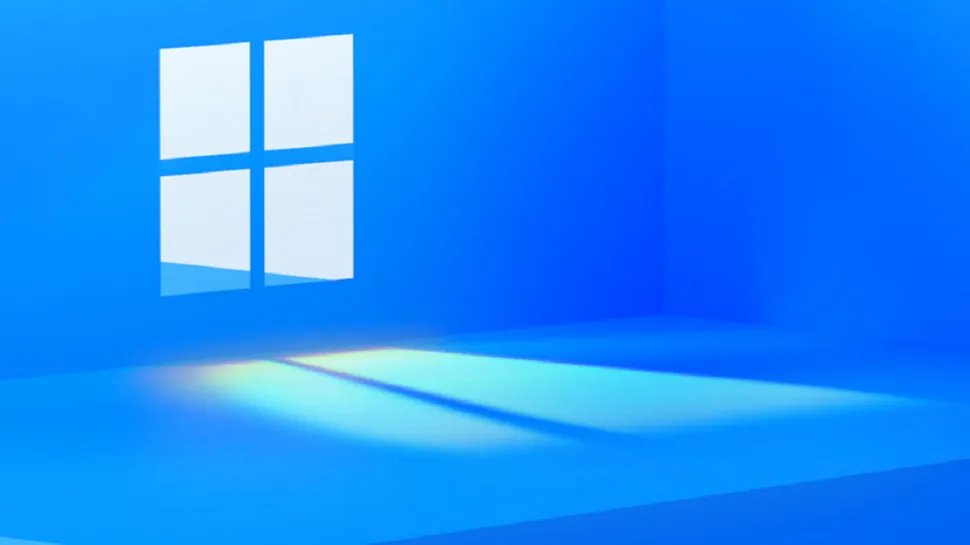
However, at the same time, according to research company Canalys, this could lead to a significant increase in electronic waste.
the Canalys estimates Because it is not compatible with the latest version of Microsoft's operating system, Windows 11, approximately 240 million computers will become unusable. This situation raises concerns, as all these computers may end up in landfills.
The arrival of Windows 11 in late 2021 may not significantly stimulate PC sales, but the end of support for Windows 10 in late 2025 could mark a turning point for the long-troubled PC market, prompting users and businesses to upgrade their systems. However, the end of support and phasing out of Windows 10 threatens the utility of many existing computers and devices and is expected to significantly impact market dynamics. Canalys estimates that the market is expected to grow by 8% in 2024 as consumers look to replace their older PCs with Windows 11 or perhaps Windows 12 compatible models.
When the specifications and system requirements for Windows 11 were announced, there were several things that prevented Windows 10-compatible PCs from “running” Windows 11, including at least a dual core 64-bit processorAt least 4GB of RAM, at least 64GB of storage, and UEFI firmware with Secure Boot instead of the older BIOS. In addition, an important requirement was TPM 2.0 for increased security (replacing TPM 1.2 supported by some Windows 10 devices). Windows 11 also required a DirectX 12 compatible GPU or later with a WDDM 2.x driver, which ruled out many older iGPUs.
According to Canalys, nearly 240 million PCs do not meet Windows 11 compliance requirements, and therefore, with the Windows 10 support deadline of October 25, 2024, most of them automatically become obsolete. Although recycling remains a viable option, the incompatibility of these PCs with the latest version of Windows 11 fundamentally reduces their value and makes it difficult to upgrade them. Therefore, despite today's great possibilities in the field of modernization and refurbishment, it is expected that most of these computers will end up in landfills, which undoubtedly represents a major challenge for e-waste management. In response to these concerns, Microsoft announced that as extended security updates become available for Windows 10, support for the operating system could be extended until October 2028, although there will be a cost.
Whatever the case, this particular scenario demonstrates the increased responsibility that hardware and software manufacturers now bear to develop products with a longer life cycle. Canalis says a focus on durability, repairability and recyclability is vital to reducing e-waste. This approach, combined with more long-term software support, can significantly extend the life of devices, and foster a more sustainable circular economy.

“Avid problem solver. Extreme social media junkie. Beer buff. Coffee guru. Internet geek. Travel ninja.”





More Stories
In Greece Porsche 911 50th Anniversary – How much does it cost?
PS Plus: With a free Harry Potter game, the new season begins on the service
Sony set to unveil PS5 Pro before holiday season – Playstation